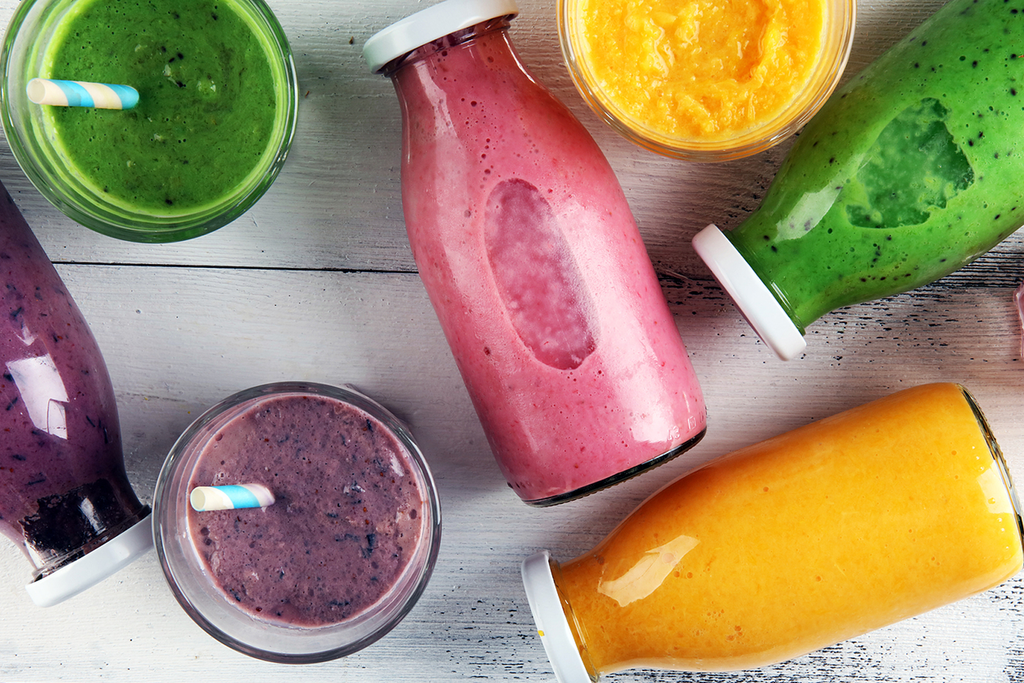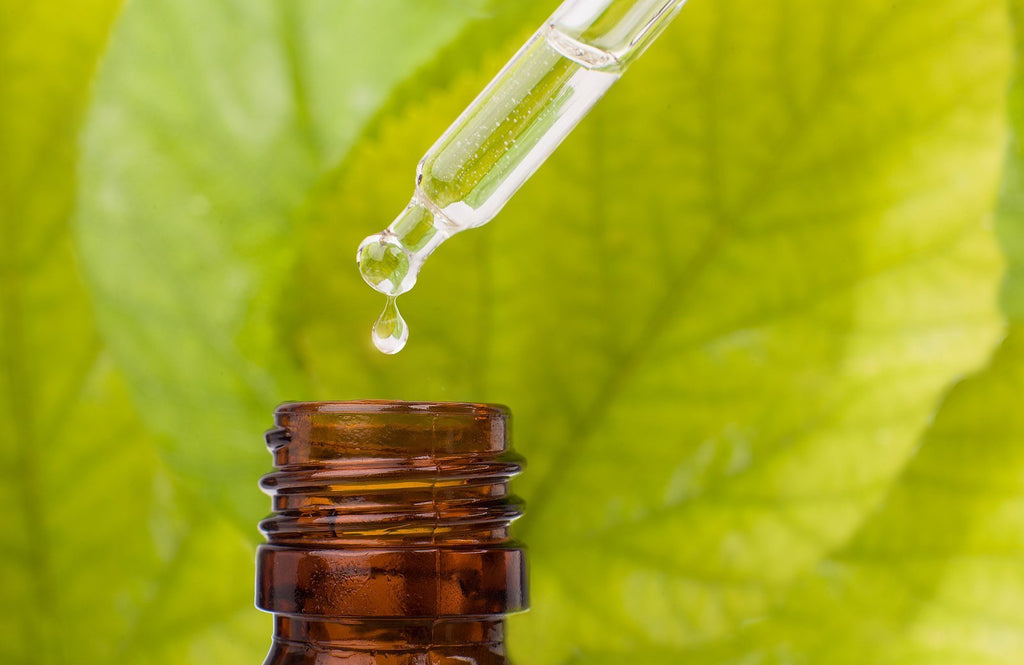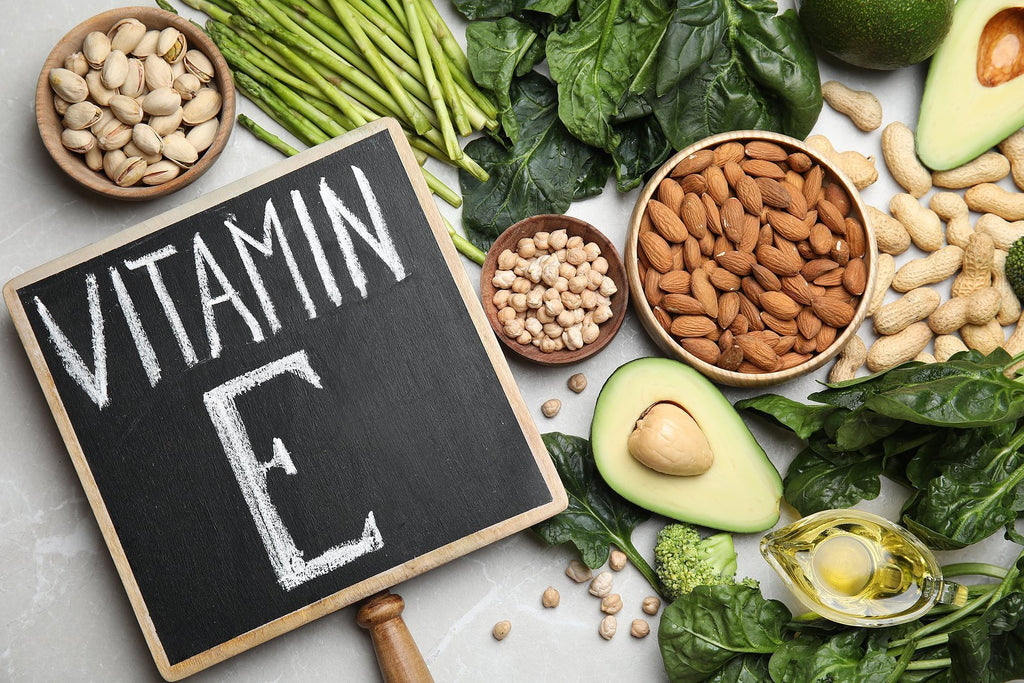Nitric Oxide & Heart Health – What You Probably Don’t Know
I’m going to let you in on a huge heart-health secret that most people don’t know about – nitric oxide.
Although it’s not known by many in the general public, the relationship between nitric oxide and heart health is considered to be the greatest discovery in cardiovascular medicine! It even earned a “molecule of the year” award.
So, why is nitric oxide such a big deal?
Because every one of your organs depend on your body’s ability to make enough of this molecule – including your heart.
So today, I’ll tell you exactly how to boost your levels and reap the health benefits.
The Miracle Molecule That Keeps Things Flowing
Nitric oxide is formed in your cells to help your body be more efficient. It specifically directs your blood vessels to relax and expand to create better blood flow. The result?
Reduced:
↓ Blood pressure
↓ Inflammation
Increased:
↑ Circulation
↑ Oxygen
↑ Nutrient delivery to your cells, tissues and organs
In a nutshell, adequate nitric oxide nourishes your body and allows it to function at its best.
The Shortcoming of Nitric Oxide
Unfortunately, this amazing molecule lacks stability and has a lifespan of just a few seconds.
This means that in order to keep levels up, you’ve got to replenish it as quickly as it depletes.
It All Begins in Your Cells
The lining of your veins and arteries is made up of endothelial cells, which perform many protective tasks.
Healthy endothelial cells contain an enzyme that converts an amino acid (L-arginine) into nitric oxide.
These cells are like nitric oxide workshops, so it makes sense that if damaged, levels will drop.
Since your entire body relies on proper circulation, oxygen and nutrients to function well, it’s no surprise health problems develop when blood flow is compromised.
Damaged blood vessels are involved in these conditions:
- Heart disease
- Diabetes
- Erectile dysfunction
8 Easy & Natural Ways to Boost Nitric Oxide
1) Eat lots of VEGETABLES!
Specifically eat ones that grow within soil and collect nitrates, which your body converts to nitric oxide.
Some examples are:
- Beets
- Carrots
- Celery
- Radishes
- Cabbage / Lettuce
- Spinach / Parsley / Collard greens
Note: Nitrates found naturally in plants are not the same as the ones artificially added to meats and processed foods. Those have cancer causing properties and should be avoided.
2) Consume fruits that grow closer to the ground (berries)
These fruits have more nitrates than ones that grow on tall trees, like apples and oranges.
3) Get plenty of Vitamin C
Vitamin C is a staple for good health. It helps prevent nitrates from being harmful to your body. This is exactly why fresh vegetables and fruits are the best food source of nitrates to make nitric oxide.
4) Load up on antioxidants!
Powerful antioxidants like vitamin C, E, and glutathione destroy the free radicals that rapidly degrade nitric oxide. Micronutrients called polyphenols are packed with antioxidants too.
Good sources include:
- Berries
- Artichoke
- Spinach
- Olive oil
- Almonds
- Black tea
- Cocoa powder
5) Boost glutathione levels!
Glutathione recycles other antioxidants in your body so that they can do their job over and over. This adds up to more nitric oxide, as well as slowed aging and better overall health. It’s no wonder glutathione is called “the master antioxidant”.
Eating selenium and sulfur-rich foods support your ability to make glutathione.
Enjoy lots of:
- Seafood
- Pasture raised (grass fed) beef / chicken / eggs
- Organ meat
- Brazil nuts
TIP: You create more nitric oxide when you combine nitrate-rich plant foods (see list above) AND antioxidants in your diet.
In summary, eat lots of vegetables and moderate amounts of berries.
6) Exercise!
Remember those endothelial cells I talked about earlier? Well, exercise keeps them healthy and improves how they work. This translates to higher nitric oxide levels in your body. An added bonus – exercise boosts the activity of antioxidants, which in turn keep nitric oxide levels from depleting so quickly. It’s a win-win!
7) Embrace bacteria (yes, you read that right)
Friendly bacteria are necessary to make nitric oxide. When you use antibacterial soap and mouthwash, you kill ALL bacteria. By using these products, you restrict your supply of nitric oxide.
Other ways to help friendly bacteria thrive:
- Cut down on sugar
- Eat plenty of prebiotic foods (fiber)
- Consume fermented foods (sauerkraut)
- Take a probiotic supplement
8) Mind your mouth!
Ironically, I mentioned earlier that nitric oxide is like a secret – but you do really need to keep your lips sealed!
Your nasal passages produce 25% of your body’s nitric oxide. By breathing through your nose – and not through your mouth – nitric oxide can better reach your lungs where it benefits your heart.
Common Denominators of Good Health
All of the ways to increase nitric oxide are also paths to better overall health. Consuming plenty of vegetables, antioxidants, and supporting friendly bacteria create the foundation for a really healthy body.
You can top off your heart health with less mouth breathing, but do spread the word on this magic molecule!
❤️ Share With Someone You Love ❤️
Know Your Body - Know Your Health






